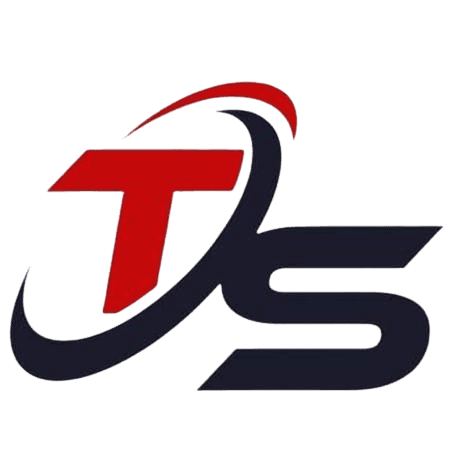Top 5 Essential Survey Instruments for Professionals : A Simple Guide
Introduction to Survey Instruments
In the world of data collection, survey instruments are vital tools for professionals across various fields. Whether you're conducting market research, gathering customer feedback, or assessing employee satisfaction, having the right survey instrument can make all the difference in obtaining accurate and actionable insights.
Choosing the right survey tool can be overwhelming given the abundance of options available. To help you navigate this landscape, we've compiled a list of the top five essential survey instruments that every professional should consider.

1. Online Survey Platforms
Online survey platforms are among the most popular tools for conducting surveys today. These platforms provide a user-friendly interface for creating and distributing surveys quickly. They also offer robust analytics to help you interpret the data collected.
Benefits:
- Easy to use and set up
- Cost-effective with free and premium options
- Real-time data collection and analysis
Top Picks
Some of the top online survey platforms include SurveyMonkey, Google Forms, and Typeform. These tools offer various customization options, templates, and integrations with other software that streamline the survey process.
2. Mobile Survey Apps
With the increasing use of smartphones, mobile survey apps have become an essential instrument for professionals on the go. These apps enable you to gather data directly from respondents no matter where they are located.
Advantages:
- Convenient for respondents
- Geolocation features for targeted surveys
- Offline capabilities for areas with limited internet access

Recommended Apps
Consider using Survey123, QuickTapSurvey, or Zoho Survey. These apps offer a range of functionalities that are designed to enhance user experience and ensure high response rates.
3. Telephone Survey Systems
Telephone surveys remain a reliable method for reaching audiences who may not have access to digital platforms. This method is particularly effective for in-depth interviews and detailed feedback collection.
Key Features:
- Personal interaction with respondents
- High response rate in certain demographics
- Capability for follow-up questions based on responses
Leading Systems
CATI (Computer Assisted Telephone Interviewing) systems are widely used in this area. They provide structured guidance for interviewers and ensure data accuracy during the collection process.

4. Paper-Based Surveys
While digital tools dominate the survey landscape, paper-based surveys still hold their ground in certain contexts. They are particularly useful in regions with limited digital penetration or among populations who prefer traditional methods.
Benefits:
- No need for internet connectivity
- Tangible and easy to distribute in physical locations
- Can be customized with graphics and branding elements
Implementation Tips
When using paper-based surveys, ensure clear instructions and provide pre-paid return envelopes to encourage responses. Consider pairing them with digital options for broader reach.
5. Focus Group Tools
Focus groups offer a qualitative approach to data collection, allowing you to gather deeper insights through group discussions. Specialized tools are available to facilitate the organization and analysis of focus group data.
Characteristics:
- Allows exploration of complex issues
- Interactive and dynamic feedback environment
- Diverse perspectives in one session
Top Tools
Look into platforms like FocusVision or Recollective, which provide features tailored for managing focus groups, from scheduling sessions to recording and analyzing discussions.

Conclusion
Selecting the right survey instrument is crucial for successful data collection. Each tool has its unique strengths, allowing professionals to tailor their approach based on the specific needs of their project. By leveraging these top five essential survey instruments, you can enhance your data collection efforts and gain valuable insights that drive informed decision-making.
